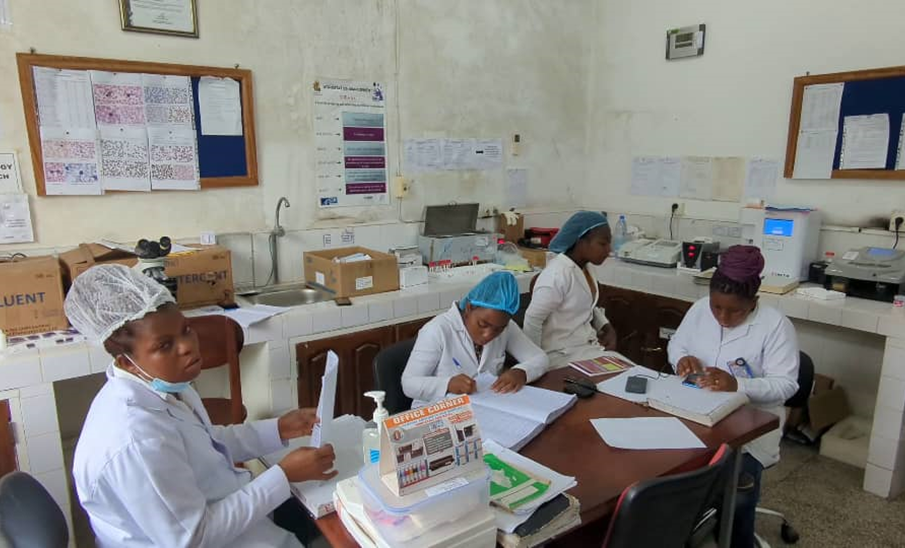Women in Healthcare and Home life : Striking a balance with work and Family Demands

As the demand for healthcare professionals intensified, women in the healthcare sector are challenged to balance their professional responsibilities with home life. This delicate wiggling act has become increasingly complex with their careers, family obligations, and personal wellbeing as they exemplify resilience and adaptability.
Women make up a significant portion of the healthcare workforce, often taking on roles that requires long hours and emotional labor. According to the World Health Organization WHO, women represent approximately 70% of the global healthcare force, which includes nurses, midwives, surgeons, lap technicians and administrative staff. Despite their contributions, many of these women find themselves stretched thin, managing both the labor of their jobs and the responsibilities of home life.
“It is really challenging, I am a wife, a student, a nursing mother and a doctor. Most often I will have to measure myself up to my male colleagues. There are days I make it early to work but other days, a child might be sick, there might be an emergency in the house and I will be late. When that happens, I am scolded at, sometimes punished, but I love the job. When I am with a patient and I know that I am doing something to improve the persons health, when the person is fine it gives me joy, I get so excited”. Dr. Ebey Tatianna explains.
To manage this delicate balance, many women in the health sector adopt various coping strategies. Flexible work arrangements, such out door work and adjusted shifts have become essential, allowing healthcare professionals to adjust their hours to accommodate family needs: “nursing mothers who work with us need to go home early to their kids, they start work at 8am and retire for the day at 2:30pm”. Dr Mokake Martin noted.
Ayah Flora Bolimo, a laboratory scientist in the Buea Regional Hospital explains that the work load has increased over time and also with the change in her status as a married woman with kids but she is adapting to the change just fine:
“It’s been an increasing challenge, because when I started working, I was single and had no family as such to run around with, but now, I have a family with three kids, it’s been demanding but I love what I do, and this gives me the drive to forge ahead,” she said.
In a dynamic world of health care, women are not only vital providers of care but also the pillars supporting their families, “I think female doctors are the best do far, they are caring, women have this tender heart, and they tend to care more for their patients”, Dr Lyonga Emily noted.
As they navigate the complex balance of professional demands and home responsibilities, it is clear that systemic support is crucial as their challenges can lead to stress and burn out. Ultimately, women in healthcare are navigating a complex and often irresistible landscape as they strive to balance their professional commitments with family demands.
So, investing in the wellbeing of women healthcare is not just a matter of equity; it is delivering quality healthcare and the health of the community.
By Emmanuela Siy
read also : Journées nationales de vaccination contre la poliomyélite. L’Adamaoua ratisse large au dernier jour


















